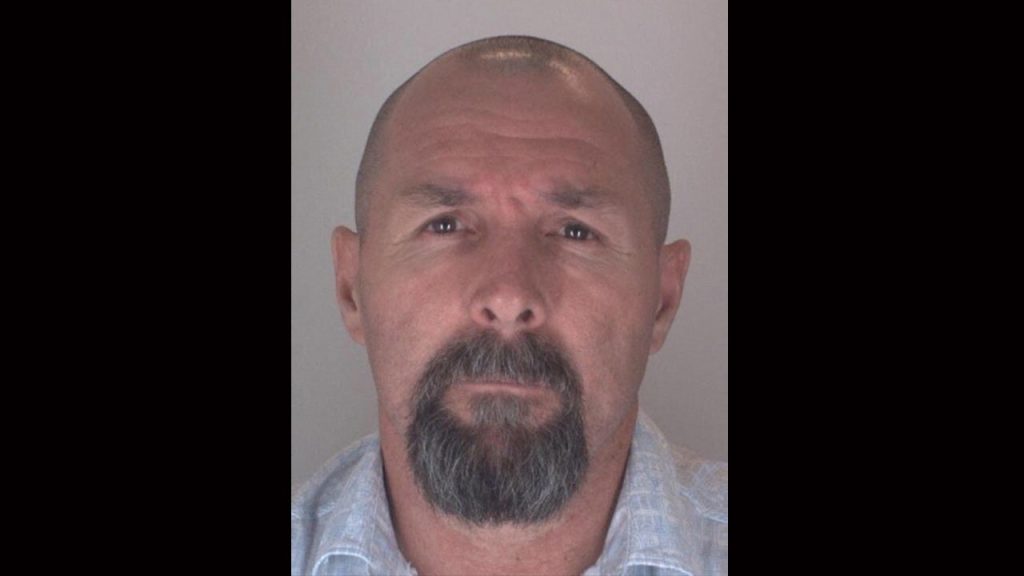In a major prisoner swap with Russia and Belarus, the Biden administration was able to secure the release of 16 American and German prisoners in exchange for the freedom of eight Russian nationals. Among those released was hitman Vadim Krasikov, a high-ranking colonel in Russia’s elite Spetsnaz unit of the FSB, who was convicted by a German court for the 2019 assassination of a former Chechen commander in Berlin. Krasikov, who was born in Kazakhstan and became a specialist assassin while working for the FSB, will be debriefed by Russian security services to improve their operational tradecraft and train future assassins. Despite maintaining his innocence, Krasikov was indirectly confirmed as an agent by Russian President Vladimir Putin in 2023.
Ukraine’s Security Service played a crucial role in identifying Krasikov as an FSB agent by obtaining footage of him at his second wedding in 2010. The prisoner swap hinged on the release of Krasikov, with German Chancellor Olaf Scholz and the German government citing their obligation to protect German nationals and their solidarity with the U.S. as motivations for participating in the exchange. President Biden expressed gratitude to Germany and other countries involved in the negotiations, highlighting the importance of relationships in diplomatic efforts. The swap involved at least seven countries including the U.S., Germany, Norway, Slovenia, and Poland, making it a complex and painstaking process that took many months to finalize.
Among the prisoners released in the swap were Wall Street Journal reporter Evan Gershkovich, former Marine Paul Whelan, Russian-American journalist Alsu Kurmasheva, and legal permanent resident Vladimir Kara-Murza. Additionally, 12 German nationals held as political prisoners in Russia were set to return home. National Security Advisor Jake Sullivan praised the collaboration of U.S. allies and partners in executing the historic exchange, noting that it involved an unprecedented number of countries working together. Biden lauded the prisoner swap as a “feat of diplomacy,” emphasizing the end of suffering and uncertainty for those who had been unjustly held for years.
The prisoner swap sends a strong message of international cooperation and diplomacy, demonstrating the willingness of multiple countries to work together to secure the release of individuals held captive in Russia and Belarus. The involvement of top officials, including President Biden and Chancellor Scholz, reflects a commitment to upholding diplomatic relationships and addressing issues of cross-border detainment. The intricacies of the negotiations and the stakes involved in securing the release of high-profile individuals like Krasikov highlight the complexities of international prisoner exchanges and the importance of leveraging diplomatic channels to facilitate such transactions.
The release of Krasikov, a high-value asset for Russia, allows for potential improvements in Russian intelligence operations and the training of future operatives. Putin’s involvement in securing the release of Krasikov underscores the significance of loyalty and protection for those working on behalf of the Russian government. The prisoner swap also brings to light the challenges of dealing with cases involving espionage, political prisoners, and extraterritorial criminal activities, highlighting the need for multilateral cooperation and diplomatic engagement to address such complex issues. The successful completion of the swap represents a notable achievement in international relations and diplomacy, showcasing the effectiveness of collaborative efforts in resolving intricate diplomatic dilemmas.












